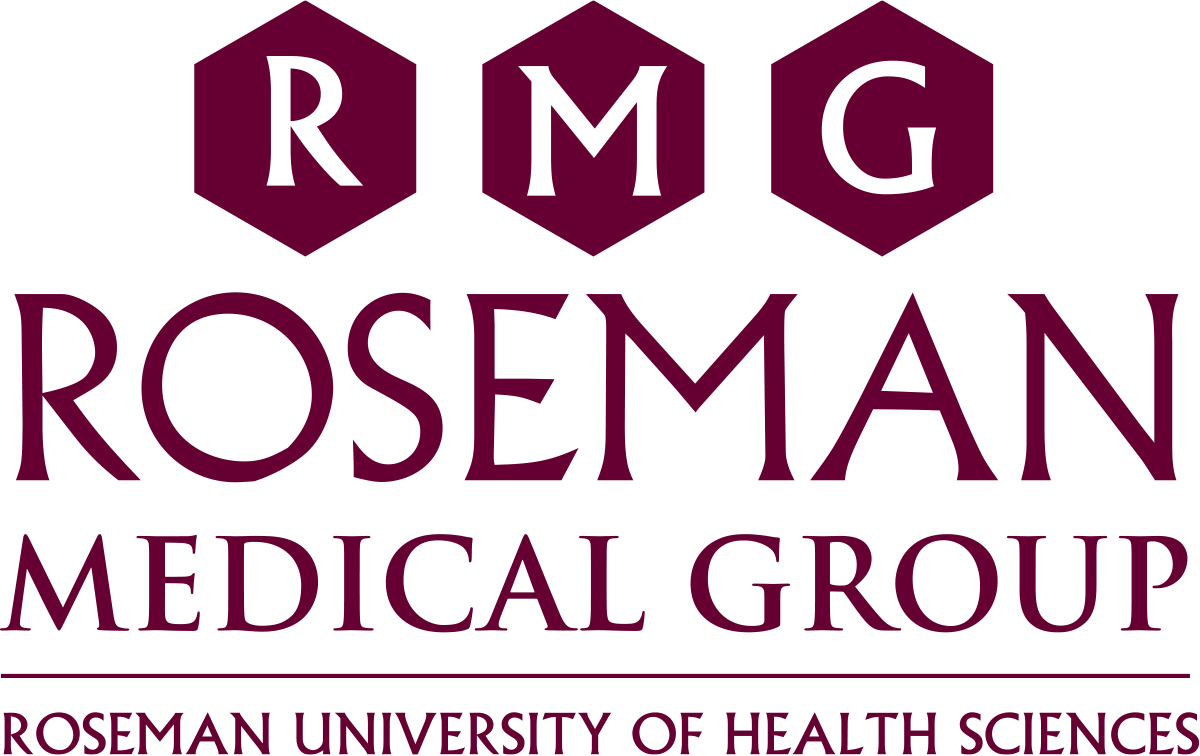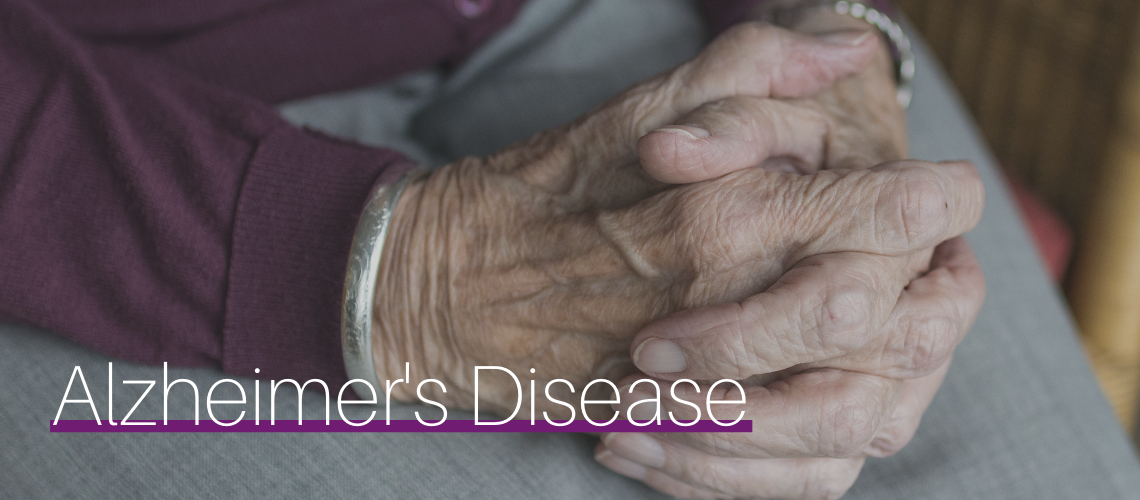National Alzheimer’s Awareness Month brings awareness to a disease that affects nearly 5.8 million Americans over the age of 65. Understanding the disease and knowing the signs can be crucial factors in an early diagnosis.
What is Alzheimer's Disease?
Alzheimer’s is a progressive brain disease that causes difficulties with memory, thinking, and behavior. The disease slowly progresses in three general stages: early, middle, and late (also referred to as mild, moderate, and severe in medical context). Memory loss is mild in the early stages of Alzheimer’s. As the disease progresses into the later stages, it can affect a person’s ability to respond to their environment, to carry on a conversation, and to control movement. Since the disease affects people in different ways, each individual may experience symptoms – or progress through the stages – differently.
Increasing age is the greatest known risk factor for Alzheimer’s. Most diagnoses take place in individuals 65 or older, but there are an estimated 200,000 Americans under the age of 65 who have early-onset Alzheimer’s.
Although there is no current cure, treatments for symptoms are available and research continues. Worldwide efforts continue in finding better ways to treat the disease, delay its onset, and prevent it from developing.
Facts about Alzheimer's Disease
- More than 5 million Americans are living with Alzheimer’s
- Alzheimer’s is the 6th leading cause of death in the United States
- The disease kills more people than breast cancer and prostate cancer combined
- Approximately 1 in every 2 families are affected by the disease
- 16 million Americans provide unpaid care for people with Alzheimer’s allotting to an estimated 18.6 billion hours of care valued at nearly $244 billion
- 50% of primary care physicians believe the medical profession is not ready for the growing number of people with Alzheimer’s or other dementias
What is the Difference Between Dementia and Alzheimer's?
Dementia and Alzheimer’s are not one in the same. Alzheimer’s is both a type and cause of dementia. Dementia is not a disease. It is the general term used for symptoms in which cause a specific disease. Alzheimer’s is the most common cause of dementia as it accounts for 60-80% of dementia cases.
Dementia Defined
Dementia is not a single disease; it’s an overall term that covers a wide range of medical conditions. Dementia is a general term for a decrease in mental ability – memory, reasoning, or other thinking skills – severe enough to interfere with daily life. Many types of dementia exist such as Alzheimer’s, Lewy Body, Vascular, Frontotemporal, Parkinson’s, Huntington’s and Mixed. All disorders grouped under the general term “dementia” are not a normal part of aging and are caused by abnormal brain changes. All of these diagnoses reflect impaired thinking and behavioral changes.
Alzheimer's Defined
Alzheimer’s is a progressive brain disease that is caused by complex changes in the brain following cell damage. It accounts for most dementia cases and leads to dementia symptoms that worsen over time. As the disease advances, symptoms become more severe.
Signs of Alzheimer's
Alzheimer’s is not a normal part of aging. According to the Alzheimer’s Association, there are 10 warning signs and symptoms to look for. If you or someone you know has several of these signs or symptoms schedule an appointment with your health care provider to determine the cause.
- Memory loss that disrupts daily life: forgetting newly learned information, important dates and events, asking similar questions over and over, and gradually needing to rely on reminder notes or electronic devices.
- Changes in planning or solving problems: having difficulty concentrating and taking much longer to do things that one has done before such as following a recipe or keeping track of monthly bills.
- Difficulty completing familiar tasks: trouble driving to a familiar location or remembering the rules of a favorite board game.
- Confusion with time or place: losing track of dates, seasons, and the passage of time.
- Trouble understanding visual images and spatial relationships: vision problems which lead to difficulty with balance, trouble reading, or problems judging distance and determining color or contrast.
- New problems with words in speaking or writing: having trouble with following or joining a conversation. Most commonly stopping in the middle of a conversation and having no idea how to continue or repeating oneself.
- Misplacing things and losing the ability to retrace steps: putting things in unusual places or accusing others of stealing.
- Decreased or poor judgement: using poor judgement when dealing with money or paying less attention to hygiene.
- Withdrawal from work or social activities: having trouble holding or following a conversation leading to withdrawal from hobbies, social activities or other engagements.
- Changes in mood and personality: becoming confused, suspicious, depressed, fearful or anxious.
How is Alzheimer's Diagnosed?
An early diagnosis of Alzheimer’s can provide a range of benefits. There is no single diagnostic test that can determine if a person has Alzheimer’s. Therefore, a physician utilizes medical history, mental status tests, physical and neurological exams, diagnostic tests, and brain imaging to make a diagnosis.
In some cases, a physician may diagnose “dementia” and not specify the type due to the overlap of certain symptoms in various forms of dementia. If this becomes the case it may be necessary to see a specialist, such as a neurologist whom specializes in the diseases of the brain and nervous system.
Raising Awareness for Alzheimer's Disease
While there is currently no cure for Alzheimer’s disease, there are many ways to raise awareness and help in finding a cure for the disease.
- Honor a Caregiver: Alzheimer’s and Dementia are very difficult on family members. Join the Alzheimer’s Association and CVS Health in honoring the millions of family members and friends that serve as caregivers for those with Alzheimer’s disease during National Family Caregivers Month. Share a personal tribute or take time to read through the stories of other caregivers to understand more about the sacrifice’s caregivers are making for loved ones with Alzheimer’s and dementia. Check out more at alz.org/events/nadam.
- The Longest Day: June 20 is the summer solistice and is the day with the most light. Therefore, the Alzheimer’s Association invites people to help in the fight the darkness of Alzheimer’s through a fundraising activity of their choice on the day with the most amount of light. Create your own The Longest Day event to shine a light on the fight against Alzheimer’s.
- Walk to End Alzheimer’s: Many communities host “Walks to End Alzheimer’s” during the month of November. As the world’s largest event to raise awareness for the disease, walks are held in more than 600 communities across the country. Find a walk near you using the Alzheimer’s Association walk locator.
- Wear Purple for Alzheimer’s Awareness in November: Purple is the official color of Alzheimer’s Awareness. Wearing this vibrant color and encouraging others to do the same is a great conversation started that can raise awareness. Show your support by sporting a fun #ENDALZ shirt. Check out the Alzheimer’s Association’s gear for more fun ways you can gear up for the fight against Alzheimer’s.
- Donate Towards Alzheimer’s Research and Other Causes: Join the Alzheimer’s Association in the fight against Alzheimer’s by donating today. Your donation helps in the continued work of providing Alzheimer’s care and support, and accelerating research to find a cure.
Care at Roseman Medical Group
Roseman Medical Group (RMG) takes an individualized approach to caring for adults with Alzheimer’s or dementia. RMG provides personalized, dedicated, quality care through the interprofessional collaboration of family physicians, neurologists, and a pharmacist. It is our goal to provide empathic, patient-centered, evidence-based medicine to all our patients.
If you or someone you know is facing any of the signs or symptoms listed in this article, schedule an appointment with one of our providers today. Getting checked by a doctor can help determine if the symptoms being experienced are due to Alzheimer’s or possibly some other – perhaps even treatable – condition.
For more information on dementia and Alzheimer’s visit the Alzheimer’s Association at www.alz.org.
Article by Kristine Campo


